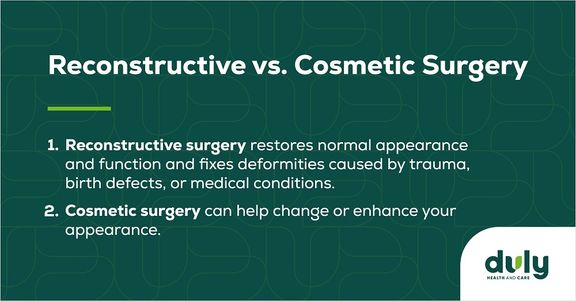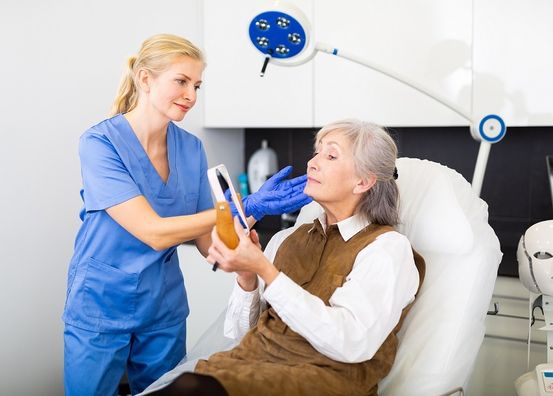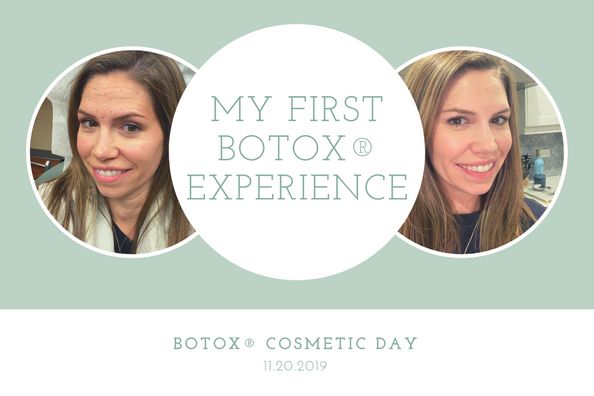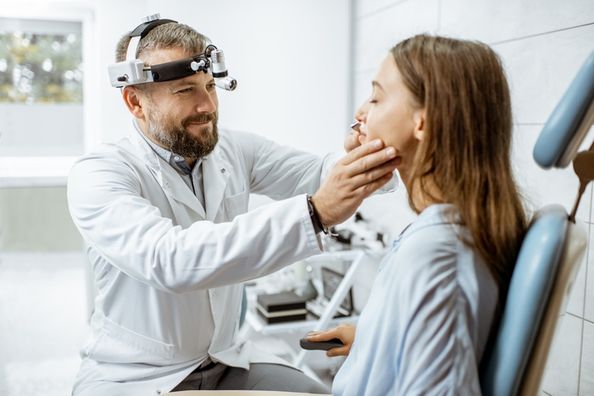You need surgery to get rid of extra skin around your stomach that keeps getting infected. You’d also love to do something about those stubborn wrinkles on your forehead. With your health savings account (HSA) card in hand, you’re ready to cover medical expenses, but you start wondering: What exactly does it apply to?
What Is a Health Savings Account?
A health savings account (HSA) is a special type of savings account for healthcare expenses. You deposit pre-tax dollars into an account that you can then use for expenses that insurance doesn’t cover. These can range from doctors’ appointment fees to medication copays to medical equipment. Your HSA can be used for expenses related to medical, dental, and vision care.
An HSA can only be used with a high-deductible health plan. The deductible is how much you are responsible for paying for medical expenses before your insurance company starts covering them (except preventive services like a Pap smear or routine physical, which you can get each year free of charge). For 2025, this is a plan with a yearly deductible of at least $1,650 for an individual or $3,400 for a family.
Also read: Premiums, Deductibles, Out-of-Pocket Costs, Oh My!
But, there is a catch. Anything you pay for with your HSA needs to be a qualified medical expense. If you pay for non-qualified items or services, you will need to claim them on your annual income tax return and pay taxes on them along with a hefty 20% penalty fee. (The penalty only applies if you’re under 65 years old.)
What Is a Qualified Medical Expense?
The IRS has designated many types of expenses as “qualified.” Some are always qualified, some need a prescription from your provider to be recognized, and some require a Letter of Medical Necessity (a letter from your provider explaining that a product or service is critical for your health).
Medical office visits and procedures are generally covered without a prescription or letter – as long as they are only for medical needs.
Is Plastic Surgery a Qualified Medical Expense?
Yes and no. Plastic surgery can get a little tricky. Just because an appointment or procedure is in a medical setting and administered by a healthcare professional doesn’t mean that it’s considered medically necessary.
Whether or not plastic surgery is a qualified medical expense depends on the category it falls into: reconstructive or cosmetic.

Reconstructive surgery is qualified because it’s necessary for your health. Cosmetic procedures, however, aren’t needed to stay healthy, so they are not considered qualified.
What Are Some Examples of Reconstructive Procedures?
Many procedures can be considered both reconstructive and cosmetic – it just depends on why you need them.
For example, a rhinoplasty (commonly called a “nose job”) is where your surgeon reshapes your nose. If you are getting a rhinoplasty for a medical reason (for example, the current structure of your nose is making it difficult to breathe, or you broke your nose in an accident), the procedure is a qualified medical expense and can be paid for with your HSA. However, if your nose is functioning correctly and you are getting rhinoplasty because you’re not happy with how it looks, the surgery won’t be qualified.
Also read: Rhinoplasty Is Not Just for Looks: 3 Benefits of Rhinoplasty
Some other examples of qualified plastic surgeries include:
- Breast reduction, if it’s to reduce back or neck pain caused by having large breasts
- Eyelid surgery (blepharoplasty), if your drooping eyelids are affecting your vision
- Facial reconstruction surgery, if you had facial fractures or trauma after a car accident
- Surgery to remove excess tissue or skin from your belly (panniculectomy) if the skin is causing recurrent infections or rashes
What About Nonsurgical Procedures, Like BOTOX® Cosmetic?
As with surgery, there are also nonsurgical procedures that can serve both medical and cosmetic purposes.
One of the common ones is botulinum toxin injections (commonly known as BOTOX® Cosmetic – the name of one of the most well-known brands of these injections). BOTOX® Cosmetic blocks certain nerve signals that go to your muscles, stopping them from tensing up and allowing them to relax.
Many people get BOTOX® Cosmetic injections in their face to smooth wrinkles, get rid of frown lines, and gain a more youthful appearance. These injections are not medically necessary and are considered cosmetic.
Learn about BOTOX® Cosmetic at Duly Aesthetics.
But sometimes, BOTOX® Cosmetic is used for medical reasons. BOTOX® Cosmetic injections can help treat many types of conditions, such as:
- Certain digestive issues
- Chronic migraine
- Excessive sweating
- Eye problems, like strabismus (crossed eyes) or eyelid twitching
- Neck or muscle spasms
- Overactive bladder
As long as you’re getting the injections to treat medical conditions, the injections should be HSA-eligible.
While We’re on the Subject…Can Skincare Products Be Purchased With an HSA?
If your provider has given you a prescription, you’re likely in the clear. There are also over-the-counter products that are HSA-eligible, such as those used to treat skin conditions like acne.
Your everyday pumpkin spice-scented lotion probably won’t be covered. But before you whip out your normal debit card for skincare products, check the list of eligible products to see if they’re covered. You may be surprised how many products are HSA-eligible. Some of these products include:
- Healing ointment
- Acne treatment facial cleansing wipes
- Blackhead clearing solution
- Sunscreen
- Lip balm with an SPF of 15 or greater
- Foot care creams
(Just remember to always check before purchasing something so that you don’t get hit with a fee later! You can find the complete list of eligible items, as well as look for products, on HSAstore.com).
Whether you’re paying for a procedure or product that’s a qualified medical expense or not, the most important thing to do is to make sure that you’re getting the right care in the safest way possible. Always feel free to talk to your medical provider – even if something isn’t considered “qualified” – if you have questions about a healthcare product or service.
Not sure if a procedure is considered medically necessary or not? Reach out to the Plastic Surgery or Duly Aesthetics teams at Duly Health and Care.
Health Topics:



